Kindergarten preparation checklist
Kindergarten Readiness Checklist - All About Kids
Kindergarten Readiness Checklist - All About KidsKindergarten Readiness Checklist
- By aakids
- Feb 16, 2021
- 0 Comment
Many parents are preparing to sign their children up for Kindergarten this time of year. Some parents find themselves asking if their child is ready for Kindergarten or would another year of Pre-K suit them better. Learn about the type of skills that are expected of a Kindergarten student.
Language skills
- Speak in complete sentences and be understood by others most of the time
- Use words to express needs and wants
- Understand two-step directions
- Make comparisons and describe relationships between objects like big/little, under/over, and first/last
Reading readiness skills
- Enjoy listening to stories
- Know how to find the first page of a book and which way to flip the pages
- Recognize familiar logos and signs, like stop signs
- Recite the alphabet and identify most of the letters
- Recognize and try to write their own name
- Recognize when two words rhyme (like cat and bat)
- Start to connect letter sounds to letters (like the sound of the first letter in their name)
- Draw a picture to help express an idea
Math skills
- Count from 1 to 10 without skipping numbers
- Match a number to a group of five or fewer items (“I see three cats”)
- Recognize and name basic shapes (square, circle, triangle, rectangle)
- Understand more than and less than
- Arrange three objects in the right order (like from smallest to biggest)
- Name or point to the colors in a box of eight crayons
Self-care skills
- Use the bathroom and wash up on their own
- Get dressed on their own (but may still need help with buttons, zippers, and shoelaces)
- Know and can say their first and last name and age
Social and emotional skills
- Separate from a parent or caregiver without getting overly upset
- Interact with other kids
- Pay attention for at least five minutes to a task an adult is leading, like listening to directions for an activity or discussing the day’s weather during circle time
Fine motor skills
- Use a pencil or crayon with some control
- Use scissors
- Copy basic shapes
- Make distinct marks that look like letters and write some actual letters, especially the ones in their name
- Put together a simple puzzle
Gross motor skills
- Run
- Jump with feet together
- Hop on one foot
- Climb stairs
- Bounce a ball and try to catch it
© 2022 All About Kids Childcare and Learning Center. All Rights Reserved.
Design by: Web Strategy Plus
↑Kindergarten Readiness Assessment Checklist • Kids Activities Blog
ByMonica S Updated on
Is my child ready for kindergarten? It is a question that I asked three times. One with each kid!
Today we have made that much easier for you with a Kindergarten readiness checklist that you can print and check off skills that your child already has or needs to work on. Every kid deserves to BE READY for kindergarten!
Kindergarten-readiness can look different for each child, but we have some guidelines to help!What should Kindergarteners Know?
Kindergarten is an exciting time for kids. There is a lot of learning, play and growth during the ages of 4-6. Going to school – kindergarten – plays a big role in preparing academic skills necessary for kids to be successful in elementary school. But…you don’t want to push them into a stressful situation they aren’t ready for!
We have a massive resource of kindergarten activities that will keep your 4-6 year old busy and learning.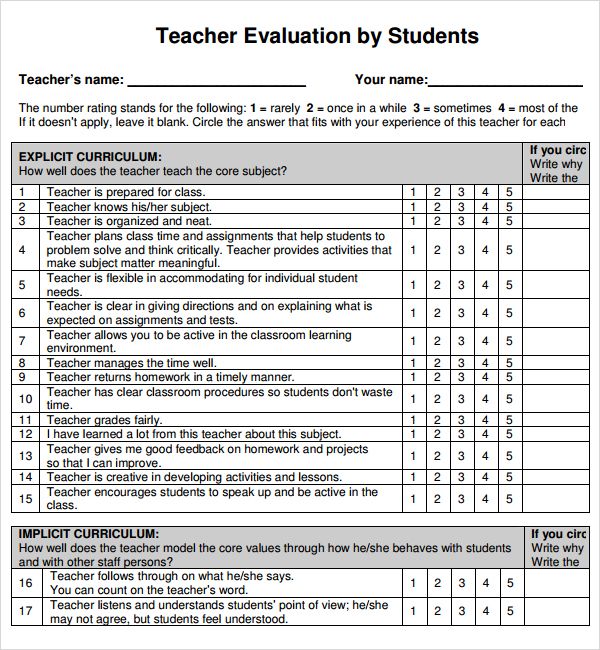
Kindergarten Readiness – How to Know if Your Child is Read to Start Kindergarten
Although children develop at different rates, there are some skills that they need to have before entering kindergarten – which is why we made a printable list of tasks that children should be able to complete before taking this big step!
If you are wondering how to make this transition easier for your little one, first you need to make sure your little one is prepared for kindergarten.Kindergarten Prep
As your toddler grows up and gets closer to entering kindergarten, you may be wondering these big questions:
- How can I know if my child is ready for this step?
- What does school readiness mean and how can I measure it?
- Which skills are required for Kindergarten’s first day of school?
We know these questions, among many others, are constantly roaming around your mind.
Deciding if your child is ready for kindergarten is a huge task. If you are looking for tips for getting ready for kindergarten, our kindergarten readiness checklist is just what you need.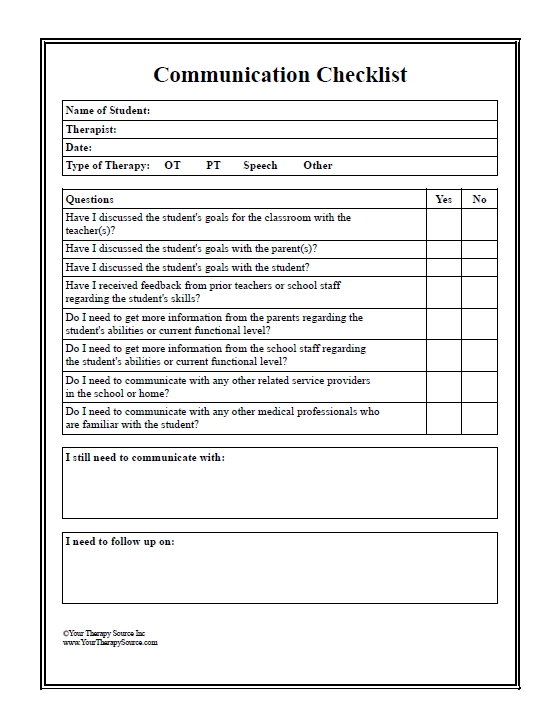
When to Do the Kindergarten Checklist
I love using the kindergarten checklist as a loose guide of what types of activities and things my child needs to practice during the preschool years especially if you are doing preschool at home. There are so many ways to play with the needed skills and adds a little structure to activity time!
Playing together develops a lot of the skills children need to be ready for first day of Kindergarten!Kindergarten Assessment Checklist
A printable version of the Kindergarten Readiness Skills Checklist is below…
How much do you know about the different types of skills children are expected to have when they start kindergarten? Did you know that there are preschool skills that every preschool curriculum includes so that kids are “ready for Kindergarten”?
Kindergarten-Ready Language Skills
- Can name & recognize 5 colors
- Can name & recognize 10+ letters
- Can recognize own name in print
- Matches letters to letter sounds they make
- Recognizes words rhyme
- Can write all or most of the letters of the alphabet in own first name
- Recognizes common words and signs
- Understands descriptive words like big, little, etc.
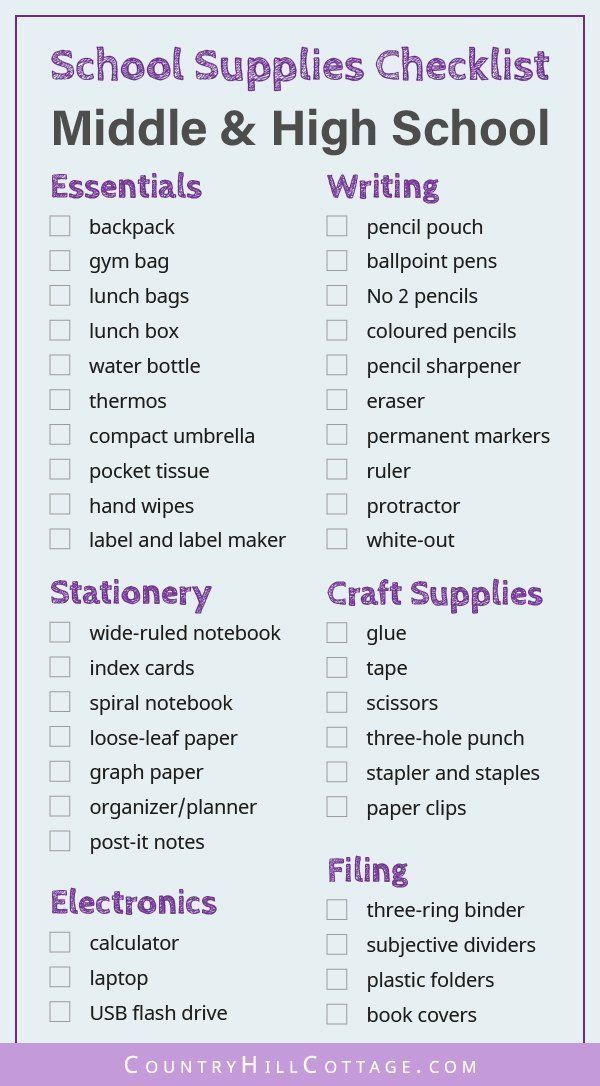
- Can draw pictures to tell a story
- Uses words to clearly verbalizes a story or own experiences
- Follows two-step directions
- Can answer who, what, when, where questions in complete sentences
- Asks questions about how things work
- Stars and joins in conversations
- Recites common nursery rhymes
- Shows interest in reading and being able to read
- Holds and looks at a book correctly
- Makes inferences about the plot of a story from the cover
- Can retell a simple story
- Speaks clearly and listens appropriately
Kindergarten Readiness Math Skills
- Can order 3 things in a sequence
- Can repeat a simple pattern
- Matches 2 like things
- Sorts objects by shape, color and size
- Matches items that go together
- Counts objects from 1-10
- Orders numbers from 1-10
- Identifies numbers from 1-10
- Uses objects to demonstrate greater than and less than
- Understands the amount a number represents
- Adds and subtracts simple objects
- Can draw a line, circle, rectangle, triangle and plus sign
- Starts positive interactions with others
- Takes turns, shares, plays with others
- Resolves conflicts with peers appropriately
- Expresses feelings appropriately
- Responds appropriately to own and others’ feelings
- Says “please”, “thank you” and expresses feelings in words
- Tries to complete tasks
- Holds writing instruments with control – See how to hold a pencil for help!
- Uses scissors to cut with control
- Can recite name – first and last name, address and phone number
- Knows how old he/she is
- Can use the bathroom, wash hands, get dressed including button shirts and put on shoes without assistance
- Is able to adapt to new situations
- Can run, jump, hop, throw, catch and bounce a ball
Kindergarten Readiness Checklist PDF – How to Download
Can your kid name and recognize five colors? Are they able to draw pictures to tell a story? Do they know how to take turns, share, and play with other kids? Can they express their feelings positively? Do they know how to count to 10?
Download Kindergarten Readiness Checklist PDF Here:
Remember that it’s completely normal for kids to have strong skills in one area while others are a bit weaker.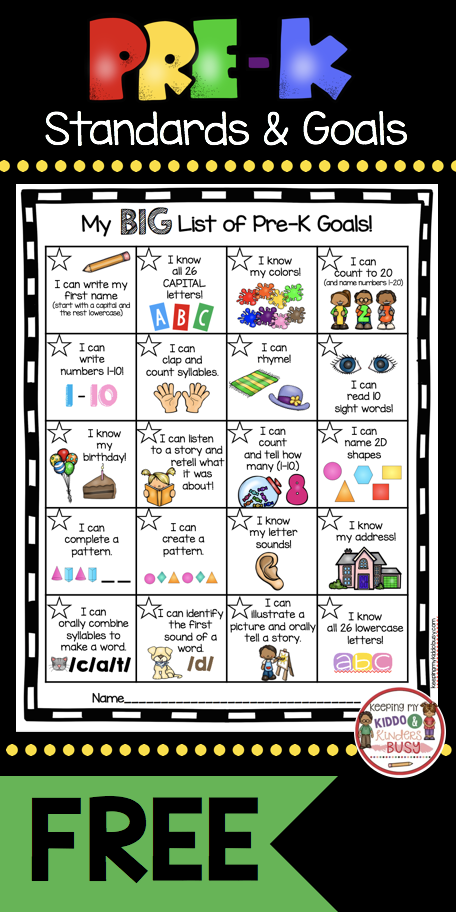 And that’s fine!
And that’s fine!
Don’t put too much pressure on your child based on the Kindergarten Checklists, remember we all learn and develop at different speeds; and at the end of the day, this printable list is just a way to get an idea of where to offer your kids some extra help.
All ready for the first day of Kindergarten!Free Resources for Kindergarten Prep
- Check out over 1K preschool activities and craft ideas from Kids Activities Blog that can be a playful learning experience! Fun practice for things like writing, use scissors, basic shapes, gluing and more!
- While you may never feel like a “homeschooler”, we have a massive resource of how to homeschool preschool that can help you fill in the gaps of any skills your child needs to expand.
- Looking for some simple solutions to preschool learning? Our expansive list of best-selling preschool workbooks can assist.
- It is not all about the education and facts that kids know. In fact, much of the preschool and Kindergarten learning process is through observation, play and learning.
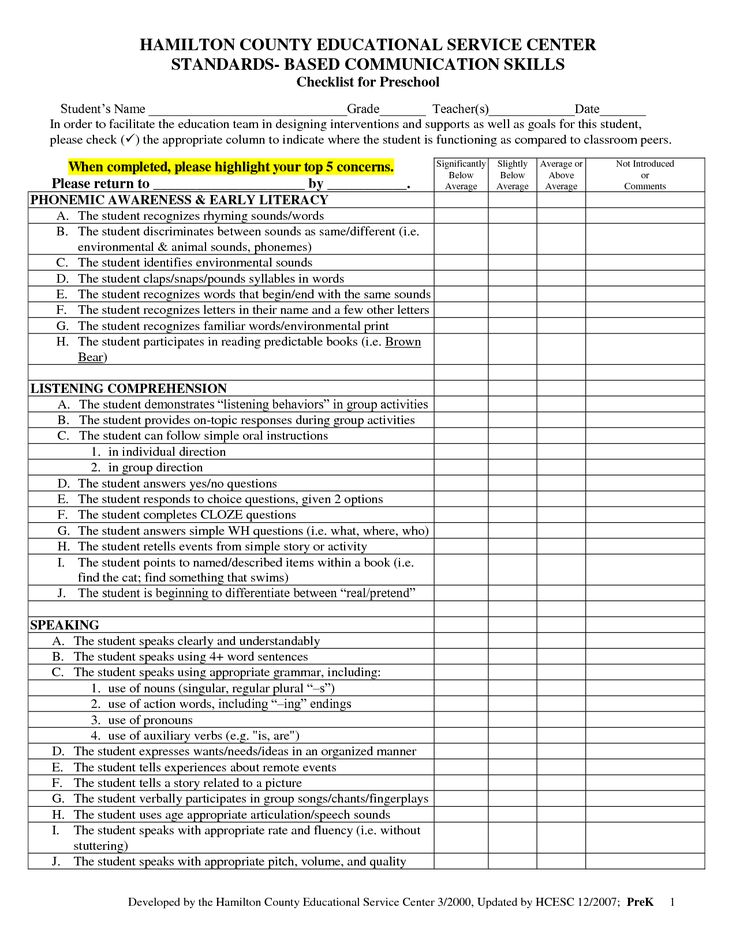 Check out this smart advice on teaching life skills to kids.
Check out this smart advice on teaching life skills to kids. - We have over 75 free Kindergarten worksheets that you can download and print as part of your Kindergarten readiness plan.
One of my favorite activities for igniting curiosity and enhancing fine motor skills are crafts! Here you will find 21 handpicked crafts for 3 year olds for everyday fun.
Even the littlest ones can start getting ready for kindergarten, no matter how young! These activities for 1 year olds are a sure way to encourage their development with super fun activities.
Language skills, reading readiness skills, math skills, social and emotional skills, fine motor skills, are just some of them. Help your little one develop these skills with hands on activities for kids which are both fun and engaging.
The transition to Kindergarten will be easier if kids are ready.Making the Decision for Kindergarten
Bottom line here is every kid is different and you need to get as much data as you can to make this decision, but above all, trust your gut.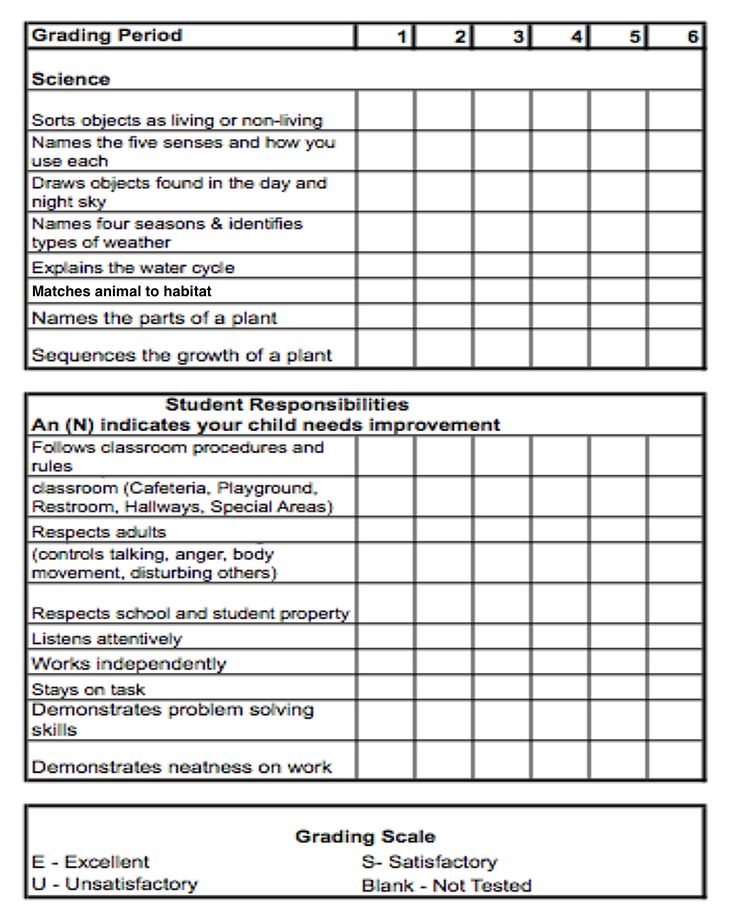
I mentioned that I had this question three times. My boys are now all teenagers, but I can still feel the stress of this question on me and my husband like it was yesterday!
And I felt like I made the wrong decision for one of my boys. I felt like that for YEARS…I was pushed into placing him in first grade when my heart said he would be better off in Kindergarten. It was a struggle at first for him as he tried to catch up in first grade. He was slow to pick up reading which only intensified my regret.
This month he was offered a very significant college scholarship and admittance to the honors college. I say that because as parents we are often very hard on ourselves when in reality we are doing the best we can. This decision is important, but so are the million other tiny decisions that follow.
Kids mature and learn at different paces and the best thing for us to do is try and support that in whatever way is possible.
You got this!
Monica S
how to prepare for school and kindergarten using the Shkola.
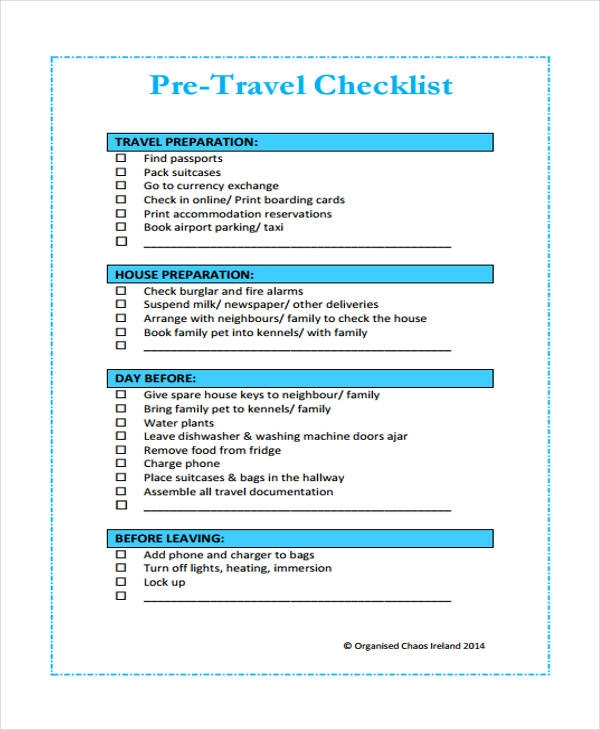 Moscow portal / City news / Moscow website
Moscow portal / City news / Moscow website Education
